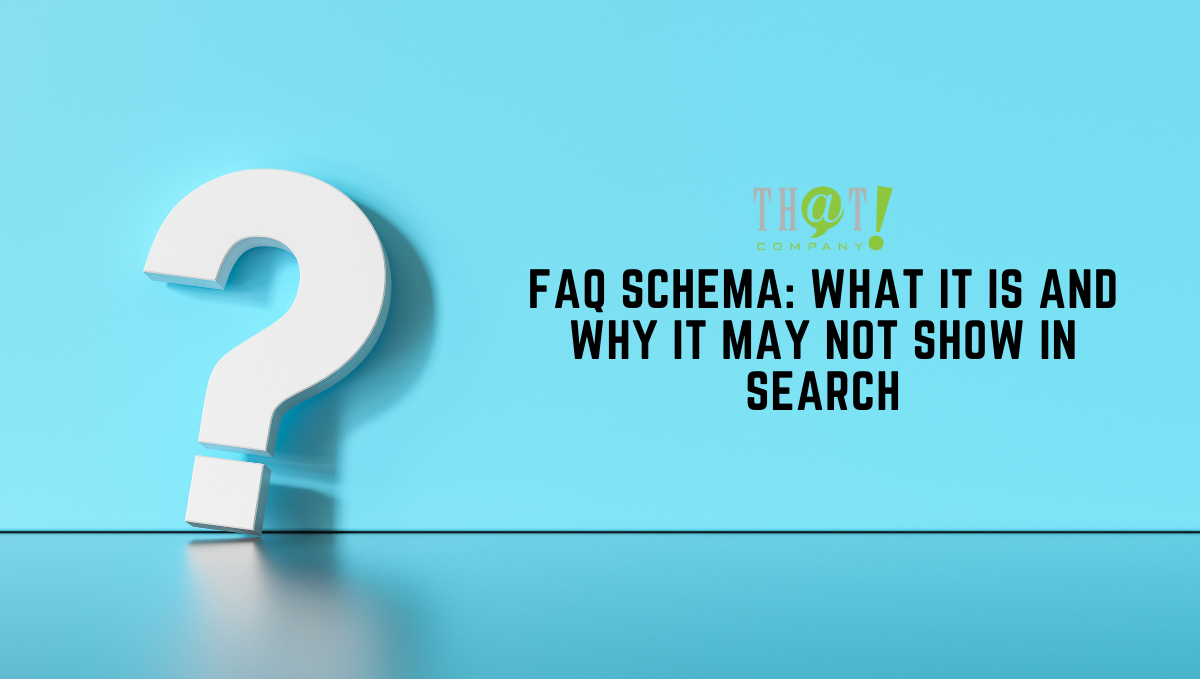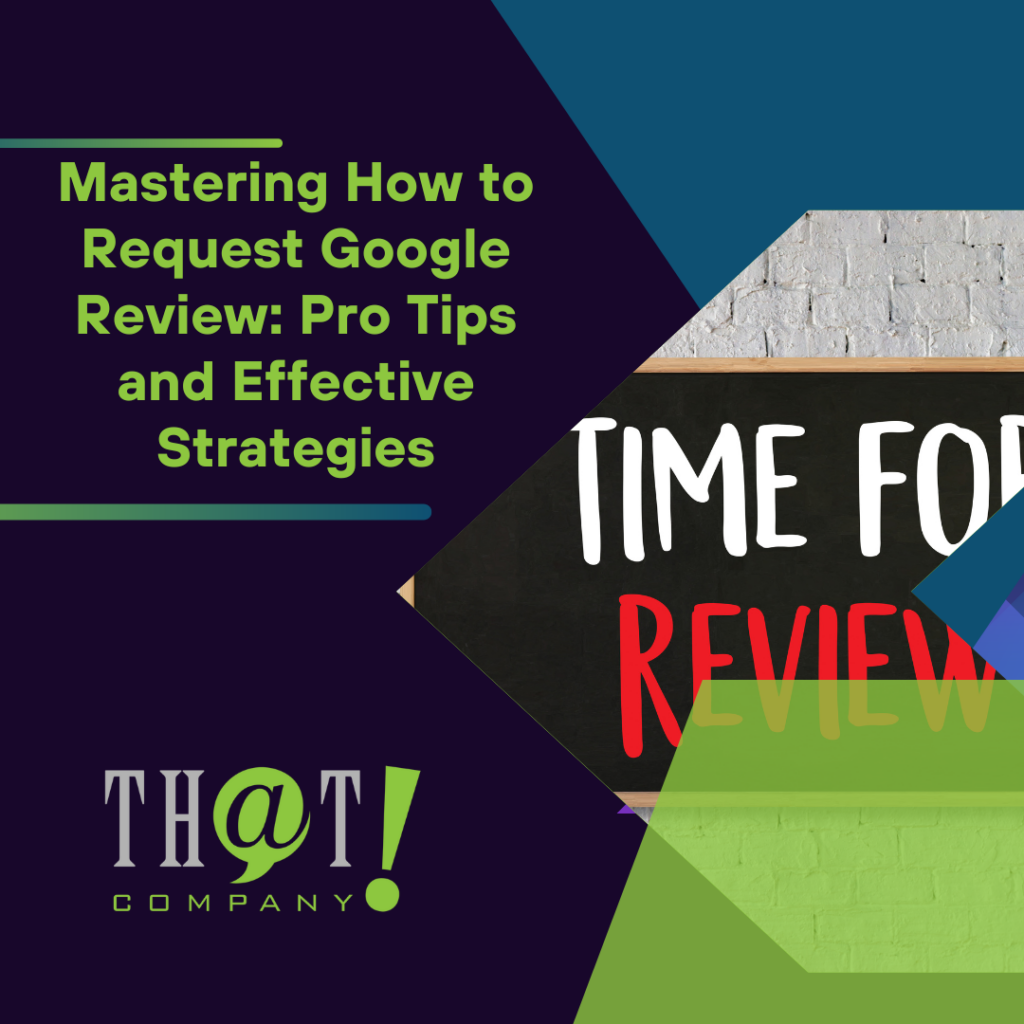 We live in a world where search engines like Google make it possible to get immediate results to pretty much any search query people may have. With this kind of convenience, Google generates a lot of online traffic. With Google being able to generate tens of millions (and more) of results to these queries, this makes it a scene of steep competition for this traffic. Website owners want to have people click on their version of the answer. They want to find ways of being that “one-in-a-million” – to have better visibility and get a better click-through rate. How can one do that? Well, that depends on the search engine. In Google’s case, one method websites can use is FAQ schema markup.
We live in a world where search engines like Google make it possible to get immediate results to pretty much any search query people may have. With this kind of convenience, Google generates a lot of online traffic. With Google being able to generate tens of millions (and more) of results to these queries, this makes it a scene of steep competition for this traffic. Website owners want to have people click on their version of the answer. They want to find ways of being that “one-in-a-million” – to have better visibility and get a better click-through rate. How can one do that? Well, that depends on the search engine. In Google’s case, one method websites can use is FAQ schema markup.
There are white label services offering local SEO solutions. Do not settle for a service offering only on-page content optimization. You need a comprehensive local SEO solution to give you a competitive edge over the competition and add different techniques like setting up FAQ-related pages and adding a FAQ section on your website. Our local SEO solutions will help you achieve your website’s target in no time.
What Is FAQ Schema Markup?
 FAQ schema is specialized markup you can add to a webpage’s code that contains a list of questions and answers. Google then reads this markup and uses it to generate a rich snippet to show on the SERP. FAQ schema communicates to search engines like Google. It emphasizes that the content creator made that particular portion of the content as a list of questions and answers. The key is to implement the markup on a web page correctly; then, search engines can use the information on your website to create rich snippets. The information can also be read aloud as the best result when searching with Google Assistant.
FAQ schema is specialized markup you can add to a webpage’s code that contains a list of questions and answers. Google then reads this markup and uses it to generate a rich snippet to show on the SERP. FAQ schema communicates to search engines like Google. It emphasizes that the content creator made that particular portion of the content as a list of questions and answers. The key is to implement the markup on a web page correctly; then, search engines can use the information on your website to create rich snippets. The information can also be read aloud as the best result when searching with Google Assistant.
What Are Rich Snippets?
Rich snippets or rich results are simply enhanced search results generally providing the answer and/or additional information related to what the person is looking for, right no the Search Engine Page without having to click through to the website for that information. The search engine takes this extra information from structured data on the website, providing the answer to Google. Google Search Central defines structured data as a “standardized format for providing information about a page and classifying the page content.” They also give an example that illustrates the differences between a normal and rich result.
Say you want to know how to make salsa. When you type your query into the search bar, you may see results that come in two different forms. Most search results have these three elements: the URL, the title tag, and the meta description. The meta description is information in a sentence or phrases below the title. That would be a normal search result. On the other hand, a rich result may show up with a picture of salsa next to these three pieces of information mentioned above. Additionally, a rich result may include the recipe’s rating, how long it takes to prepare, how many calories it contains, what ingredients you need to make it, etc.
Essentially, rich results have more spice to them — pun intended. They’re more attractive, more engaging. They make users more inclined to click on them. So, FAQ rich results are a type of rich result or snippet produced by implementing FAQ schema markup on your website pages.
[bctt tweet=”FAQ schema communicates to search engines like Google. It emphasizes that the content creator made that particular portion of the content as a list of questions and answers.” username=”ThatCompanycom”]Are You Not Seeing FAQ-Rich Results For Your Webpage?
 Let’s say you have successfully incorporated FAQ schema onto your web page. You go to Google to see if the rich snippet shows up. It doesn’t. This is because FAQ schema is a potential but not a guaranteed way of getting rich results for your content. Why might that be the case? A certain website owner asked these questions last month during the Google Search Central SEO office-hours hangout on January 28, 2022.
Let’s say you have successfully incorporated FAQ schema onto your web page. You go to Google to see if the rich snippet shows up. It doesn’t. This is because FAQ schema is a potential but not a guaranteed way of getting rich results for your content. Why might that be the case? A certain website owner asked these questions last month during the Google Search Central SEO office-hours hangout on January 28, 2022.
The site owner claims that there isn’t anything technically wrong with the markup he applied. They wondered if it might be a different area that was why they weren’t seeing rich snippets of their website content. Could Google have some kind of trust issue with the content? Well, in this hangout, Google’s Search Advocate John Mueller presents three potential reasons why rich snippets may not show up, even if you have implemented FAQ schema markup on your website.
The Three Levels
Certain things need to be considered before rich results show up on Google. According to Mueller, FAQ-rich results are similar to other rich results. FAQ-rich results have several levels that must be considered before they can show up on search engine results pages.
- “They need to be technically correct.”
It goes without saying that if one does not implement the code correctly, it simply won’t show up as rich results.
Google Search Console is a way you can check to see if there are any errors with the application of the schema markup. The Rich Results Test can help you test your structured data and give you a preview of your rich results.
The site owner who asked Mueller the question mentioned that he found no errors in Search Console. So, it must be an issue on a different level.
- “They need to be compliant with our policies.”
If Search Console shows no errors in the structured data implementation, what else might be the possible problem? Well, the information or implementation may not be compliant with Google policies.
This doesn’t seem to be a big issue at all, though, as Mueller states he doesn’t think there are any significant policies for FAQ schema markup and rich results. He says the only thing you need to make sure of is the visibility of the content on your web page.
- “We can trust this data to be correct.”
Say there isn’t anything technically wrong with the structured data implementation. You have checked and confirmed that the content on your web page is visible. Therefore, the information is compliant with Google’s policies. What else could be the problem? According to Mueller, it’s likely a matter of whether or not they deem the content trustworthy.
The quality of the website’s content may be under question. Google may not be showing FAQ-rich results for your content because they aren’t certain they can trust the information displayed on your website. So, as a website owner, if you’ve already ensured that the FAQ schema is technically correct and the content is visible on the page, Mueller suggests you look into how you can significantly improve the quality of not only said content but the website as a whole. After all, the legitimacy of the information you provide is paramount.
Conclusion
 FAQ schema markup is one good method to boost visibility and click-through rate on your website. If your content can show up as rich results on Google, that means it displays more eye-catching and engaging information compared to otherwise normal results; this increases the likelihood of online traffic being driven to your website over millions of other choices.
FAQ schema markup is one good method to boost visibility and click-through rate on your website. If your content can show up as rich results on Google, that means it displays more eye-catching and engaging information compared to otherwise normal results; this increases the likelihood of online traffic being driven to your website over millions of other choices.
While the FAQ schema markup method may not be guaranteed to produce rich snippets, the above offers three potential problem areas to pay attention to and correct accordingly.
First, make sure you’ve done the data implementation process correctly. You can use Google Search Console to check for technical errors.
Secondly, make sure the content complies with Google’s policies. In this case, just make sure the FAQ content has good visibility on your page.
Third, make sure the quality of your content is the best it can be. Google needs to know that your content is trustworthy. Having excellent and correct information on your website is undeniably important and will boost the likelihood of your content showing up as rich results on top of the competition.

























